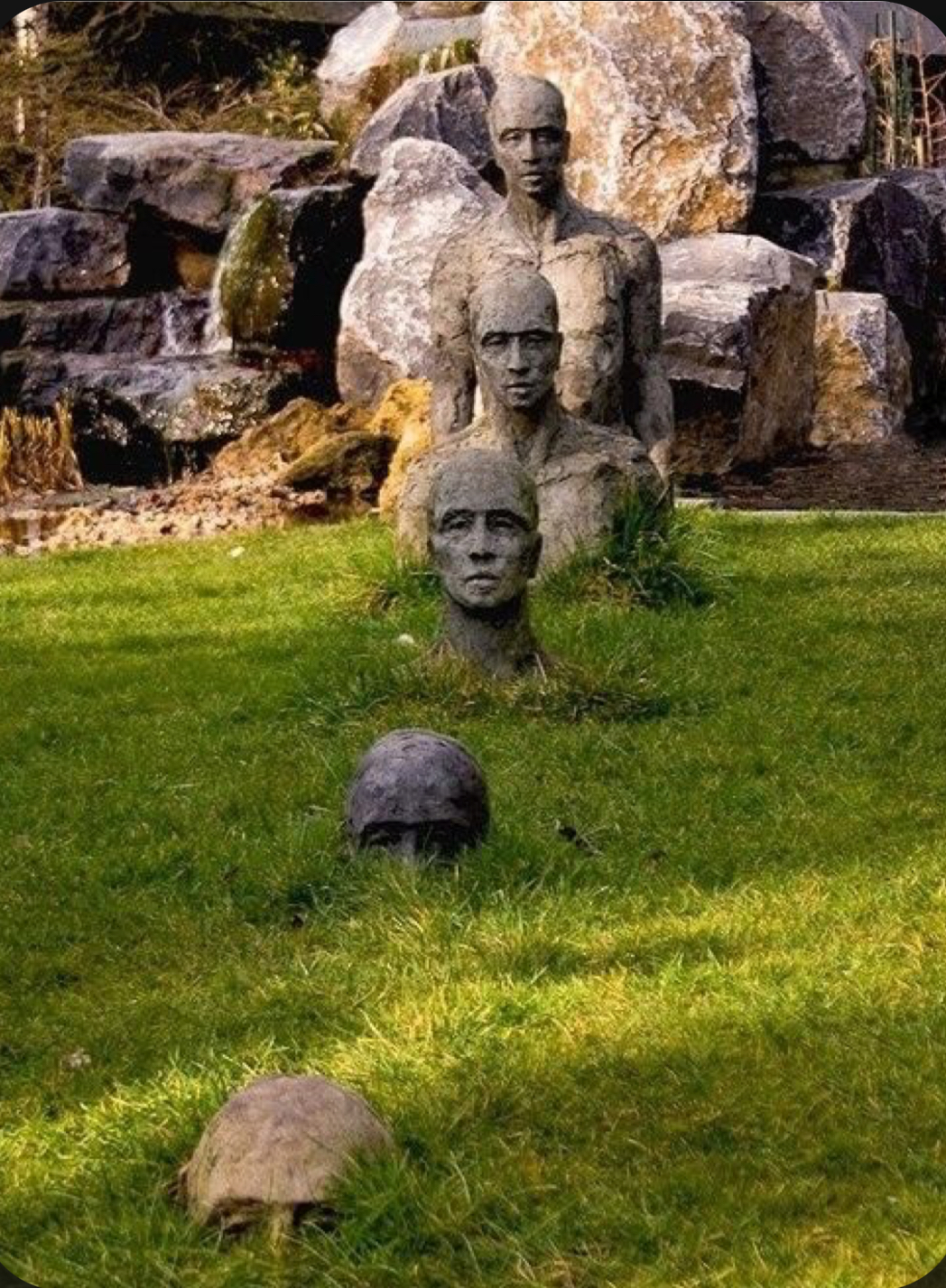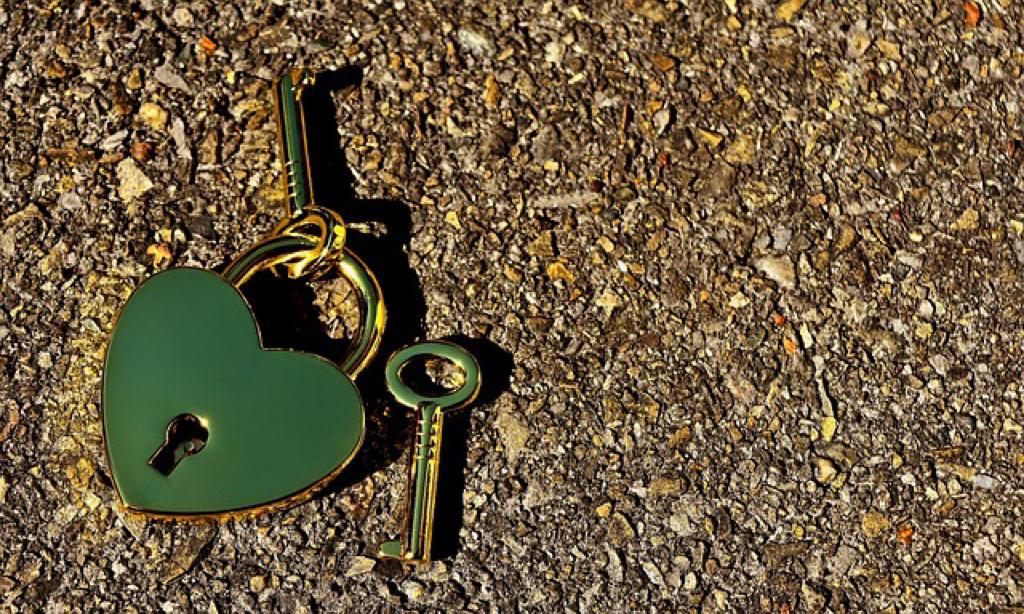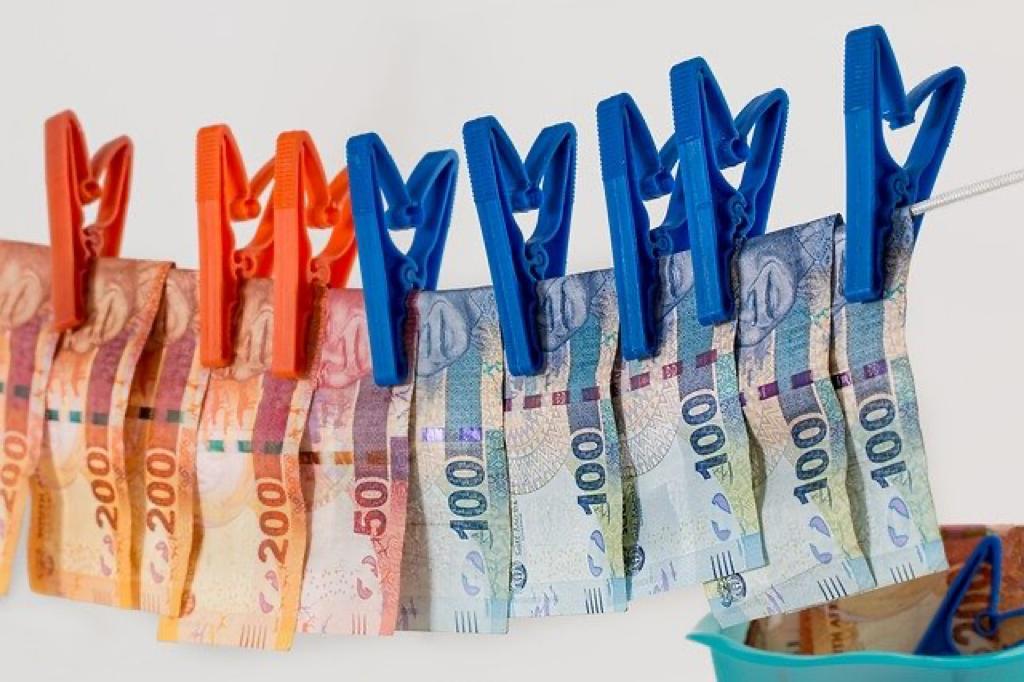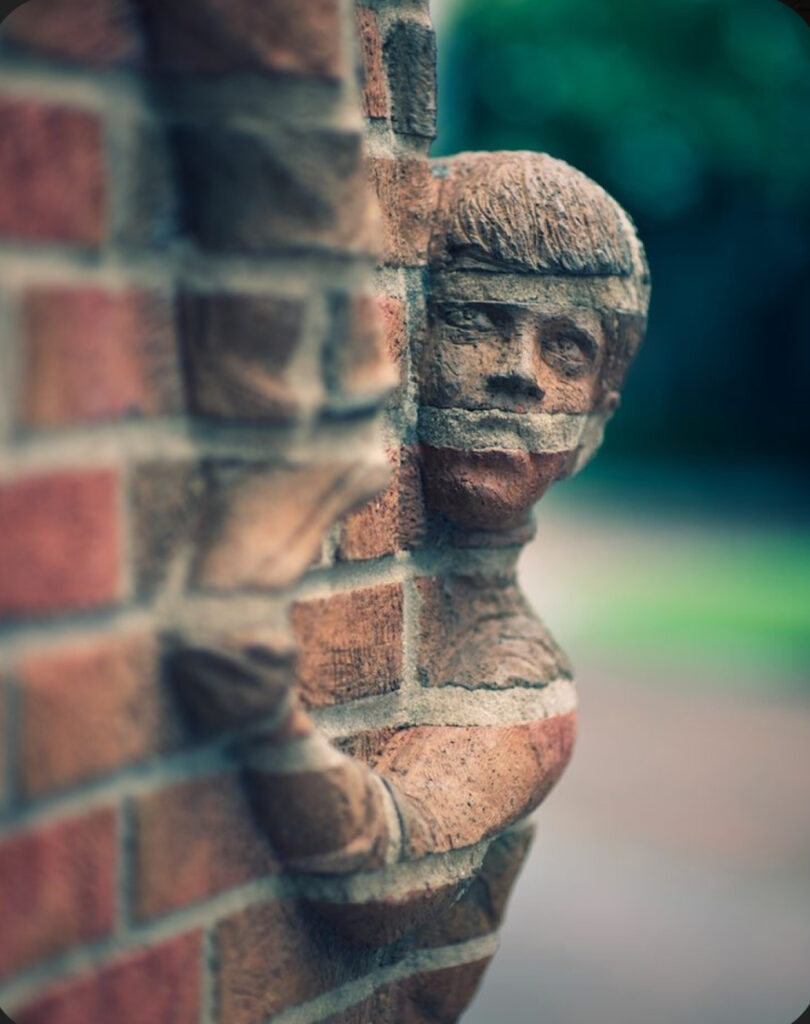Honesty, a sinking social trait

We come across reports of deception and corruption almost every day that it doesn’t affect or surprise us anymore. The news varies from the trivial accounts of towels being stolen from hotel rooms to profound large-scale financial scandals.
How as a society, or as a country, we came to be tainted by this much widespread dishonesty?
How we see ourselves
We consider ourselves to be honest, honourable people—rational thinkers with a built-in moral compass and the capacity of understanding of what’s right and wrong.
The illusion of one’s morality
Do you think that the dishonesty we witness in our society can be blamed on the few bad apples? Can you guarantee your morality?
Society hails honesty
Adam Smith, the great economic thinker, have an explanation for our honest attitude in society. He said,
Nature, when she formed man for society, endowed him with an original desire to please, and an original aversion to offend his brethren. She taught him to feel pleasure in their favourable and pain in their unfavourable regard.
The success of most people almost always depends upon the favour and good opinion of their neighbours and equals, and without tolerably regular conduct, these can be very seldom obtained. The good old proverb, therefore that honesty is always the best policy holds, in such situations, almost always perfectly true.
Pleasing the superego
Freud’s comment about our honest conduct was that, as we grow up, we internalise our social values, and honesty is considered to be one such moral virtue. Our superego will be pleased when we comply with social values and unhappy when we don’t. By being honest, we are pleasing our ego or indirectly enhancing our sentiment of well being.
Are we honest enough?
An intriguing question. The best possible response to this doubt would be the Lesson from Locksmiths, a textbook reference story

A locksmith was called to unlock a door which got locked when the owner was outside. After doing his job, the locksmith had something more to say to the house owner.
The locksmith told that the locks are on doors only to keep honest people honest.” One per cent of people will always be honest and never steal”“, the locksmith said . Another one per cent will always be dishonest and always try to pick your lock and steal your television. And the rest will be honest as long as conditions are right-but if they are tempted enough, they’ll be dishonest too. Locks won’t protect you from the thieves, who can get in your house if they want to. They will only protect you from the mostly honest people who might be tempted to try your door if it had no lock”.
Now you know that most among us are perfectly capable of being dishonest, and the reason for the recommendation of widespread usage of CCTV cameras in the world.
Spectrum of dishonesty
From the innocent lies extensively tried during school, college days, to avoid, appearing in an exam or to delay the submission of an assignment, about the death of a grandparent or close relative at home, (sometimes the same person die many times to save one from the unpleasant exams) to robbing banks, to substantial financial scams that leave the investors in despair, to fake academic credentials, to athletes cheating by doping to the utterly corrupt political institutions, there are no spheres left untouched by the disgraceful grip of deceit; its influence runs vast and deep in the society. We can be dishonest without acknowledging we are dishonest.
Real crimes vs white-collar crimes
When you statistically compare the amount of money stolen through robbery or burglary to that of the financial frauds committed by cooking the account books, or by a financier with Ponzi in his blood defrauding the investors, to the fraudulent insurance claims or the tax evasion strategies practised by the super-rich added together, the latter is dramatically a higher figure than the amount looted by the criminals. White-collar crimes can inflict more financial damage than we could imagine.
I learned watching from you
Politicians are accepting gifts from lobbyists, financial fraud committed by the corporates, financial advisers making kickback deals, public officials engaging in corruption, false insurance claims, rigging the tax system to benefit the super-rich, the high prevalence of dishonest acts in our surroundings are convincing enough for you to change your outlook on morality.
This social learning from the people close to you is one of many reasons for the spread of corruption within the community.
Blinded by our motivation

Compromising professionalism for economic motivation is a widespread trend now, which in the past, existed within limited communities.
Law and the medical profession have its critics for the unethical behaviour going on at a larger scale. Even scientists and academics are being accused of stealing and selling data for monetary benefits.
Incentives can lead even the most well-meaning people astray. Even good people are not immune to being partially blinded by their financial benefits.
Going back is tough
A decline in professional ethics is extensive in this society, and getting them back won’t be easy.
Of vanishing towels and linens
Why do relatively affluent and decent people lift towels, linens and other accessories from hotels and similar service providers? How can one analyse this distasteful social behaviour?
The lower threshold of dishonesty
The internal moral compass is switched on while contemplating actual transgressions like robbing a bank, not while looting few towels and accessories from the hotel rooms.
Another explanation is that when people lift non-monetary objects, there’s increased psychological distance between the dishonest acts and the consequences that would increase the tendency to cheat more. For a few others, the motive is for settling scores, if they have looted us, then we should steal back, attitude.
Dealing with cash makes one more honest
As per the behavioural economist Dan Ariely, most of our dishonest behaviour happens one small step removed from money. Most people may refrain from looting money from the cash drawers. Still, while cheating involves non-monetary objects, we rationalise our petty dishonesty and release us from some of their moral constraints. So people are more dishonest with non-monetary items like office supplies or hotel linens rather than with physical money.
Dishonesty in cashless world
Another observation by Ariely is that, as our society is coming to be more cashless, chances for misconducts are more.
Electronic transactions with no physical exchange of money make it easier for people to be dishonest. One step removed from money is partially responsible for the high incidence of online monetary frauds.
Majority of people may not consider robbing money from frail and older people, but they may not shy away from stealing from them, through online electronic media.
People want an explanation for their behaviour

As the locksmith explained earlier, given a chance people cheat, all of us are vulnerable to this, but we don’t see this coming.
Humans are always seeking for answers; they want explanations for their less than optimal behaviour and the way the world works.
The (Honest) truth about dishonesty, a book by Dan Ariely throws some light into the motives behind this intriguing human nature. As with any learned human behaviour, explanations are given in the line of social, environmental and psychological factors.
From the Simple model of rational crime (SMRC) theory by the economist Gary Becker to conflict of interest, counterfeits, creativity, merely being tired to social influence, the scientific explanations are based on thought experiments and inferences.
Envision new solutions
Are there any precise solutions to this recurring problem that has become part and parcel of our existences?
The short answer would be depressing no.
Every man is affected by his actions
In theory, we have fantastic solutions which look great on paper.
The ethical, moral or religious approach in enhancing or resetting one’s moral values, to bank on one’s self-reliance and self-monitoring and avoiding the very first dishonest act are few excellent thoughts to contemplate. However challenging it might be, no harm can come from trying, and if lucky enough, we can visualise a less corrupt world.
Role of authority
More auditing, accounting, public disclosures on pay and perks, transparency, regulations and legislation from the government are few suggestions which people are finding hard to implement and follow.
Where does this leave us?
At some level, we all know the answers!
As quoted, Be the change you wish to see in this world !




